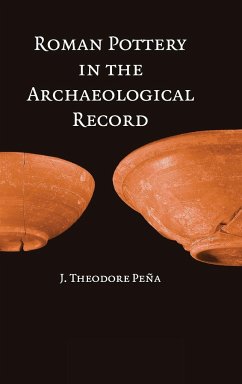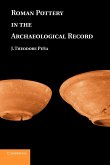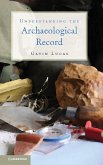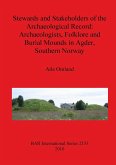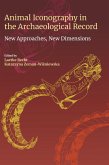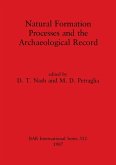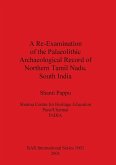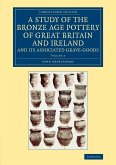This book examines how Romans used their pottery and the implications of these practices on the archaeological record. It is organized around a flow model for the life cycle of Roman pottery that includes a set of eight distinct practices: manufacture, distribution, prime use, reuse, maintenance, recycling, discard, reclamation. J. Theodore Peña evaluates how these practices operated, how they have shaped the archaeological record, and the implications of these processes on archaeological research through the examination of a wide array of archaeological, textual, representational, and comparative ethnographic evidence. The result is a rich portrayal of the dynamic that shaped the archaeological record of the ancient Romans that will be of interest to archaeologists, ceramicists, and students of material culture.
Hinweis: Dieser Artikel kann nur an eine deutsche Lieferadresse ausgeliefert werden.
Hinweis: Dieser Artikel kann nur an eine deutsche Lieferadresse ausgeliefert werden.

